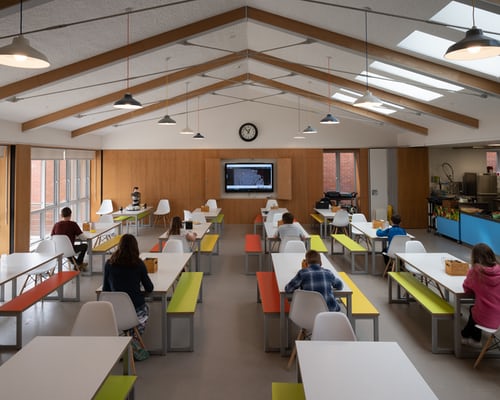Parents are worried about whether or not schools will reopen in the fall or follow a hybrid model with remote and in-person learning. Small businesses should also be concerned, as school reopening decisions may pose challenges which will directly impact their ability to maintain efficient operations.
Employees at small businesses have certain rights that allow them to stay home with children, and companies need to be sure they understand them.
The Families First Coronavirus Response Act (FFCRA) applies to businesses with less than 500 employees. It covers workers who have children whose school or place-of-care is closed, and who have no other child care option.
Under the FFCRA, an employee could use both the emergency sick pay and the expanded family and medical leave provisions, but only for a total of 12 weeks of leave.
To be eligible for this leave, another “suitable individual,” such as a co-parent, co-guardian or the “usual child care provider” must not be available to provide the care the child needs.
A scenario which may develop is whether or not a parent will be eligible for FFCRA if they voluntarily choose remote only learning, even if a school will be open for in person instruction. The answer is most likely “no”. The statute makes clear that in order to be eligible for FFCRA leave, the physical location where the child receives instruction or care must be closed.
However, if the child’s school is operating at reduced capacity to comply with social-distancing guidelines, or if the school uses a hybrid model of in-person instruction on certain days of the week, the employee may very well be eligible for the FFCRA.
Businesses need to begin planning now for what may be a very challenging fall. Speak with you employees or consider sending out a questionnaire, seeking information regarding their intentions should they have school age children.
If your business has been allowing employees to work remotely, consider continuing this practice, but make it clear that a satisfactory level of performance will be necessary. Try to be flexible with remote workers, possibly allowing them to work during hours in which they are not caring for their children if this will not pose a problem to the efficient operation of your business.
If remote work is not an option, consider a non-traditional work schedule that will allow parents to be home with their children during school hours.
Collaborate with your employees to come up with creative solutions to deal with scheduling challenges. This can go a long way toward reducing anxiety and ensuring employees remain productive while taking on the added role of at-home educator and caregiver.
Consider contacting Marzano Human Resources Consulting to ensure you are complying with all federal, New Jersey state and local COVID-19 related laws.

